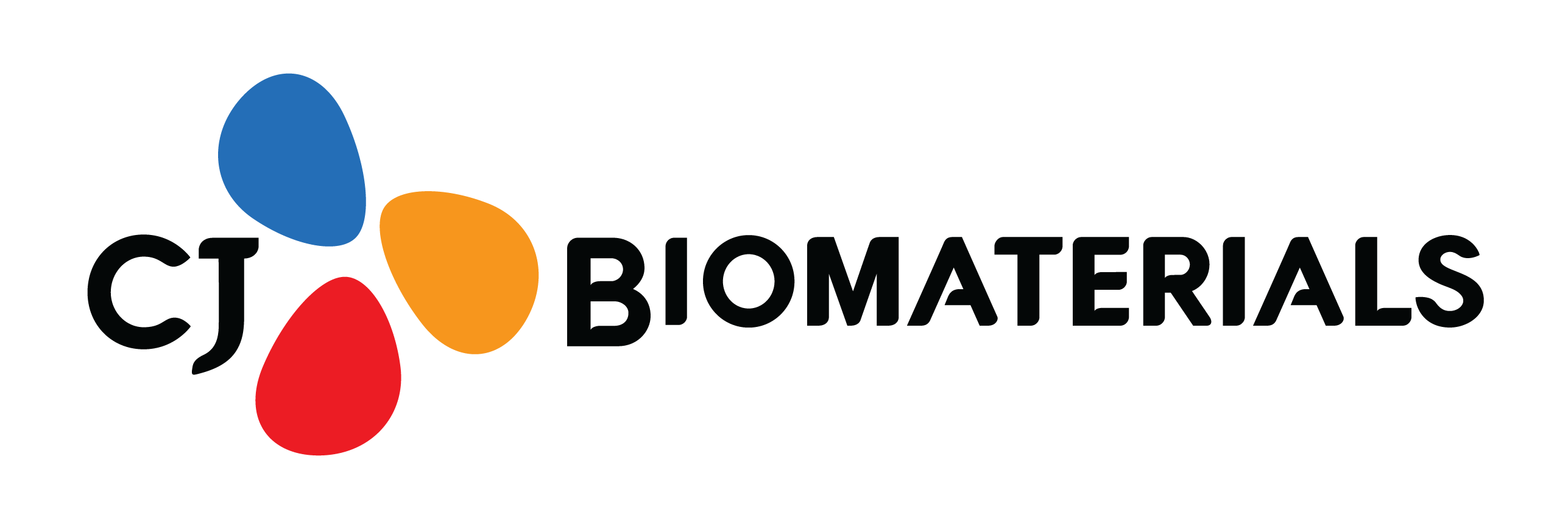
Reducing plastic waste
Joining forces to reduce plastic waste
The goal of CJ Biomaterials is to be a leader in the development of technology and products that can help manage the world’s plastic waste problem. How big of a challenge are we facing? According to the International Union for Conservation of Nature (IUCN), more than 300 million tons of plastic are produced around the world each year, and at least 14 million tons of plastic end up in the ocean, making up 80% of all marine debris found from surface waters to deep sediments.
The concept of reduce/reuse/recycle is an excellent, ambitious idea to help tackle the plastic waste problem, but the reality is that it is not a practical stand-alone solution. Research conducted by the organization Beyond Plastics, in conjunction with the California-based nonprofit The Last Beach Cleanup, found that only 5%-6% of the plastic waste generated in the United States is ever actually recycled. It is evident that the growth of plastic use is increasing faster than our ability to recycle it. If steps aren't taken to address the problem, the Organisation for Economic Co-operation and Development (OECD) projects that the amount of plastic waste generated annually will almost triple to 1.23 billion tons in 2060, compared to 460 million tons in 2019. The OECD also predicts that plastic leakage to the environment will double to 44 million tons/year and that the buildup of plastics in lakes, rivers and oceans will increase from 353 million tons in 2019 to more than one billion in 2060. This is expected to happen despite the increased use of recycled plastics.

Polyhydroxyalkanoate (PHA) biopolymers hold the potential to replace the traditional, linear lifecycle of plastic with a fully circular life cycle. PHAs are natural products, much like wood. They are polyesters typically produced by various bacteria and archaea as a form of carbon and energy storage. They are readily biodegradable, and in the environment PHAs have a relatively fast degradation rate, primarily via enzymatic attack. This is why PHAs offer a better circular solution to address the issue of plastic waste.

